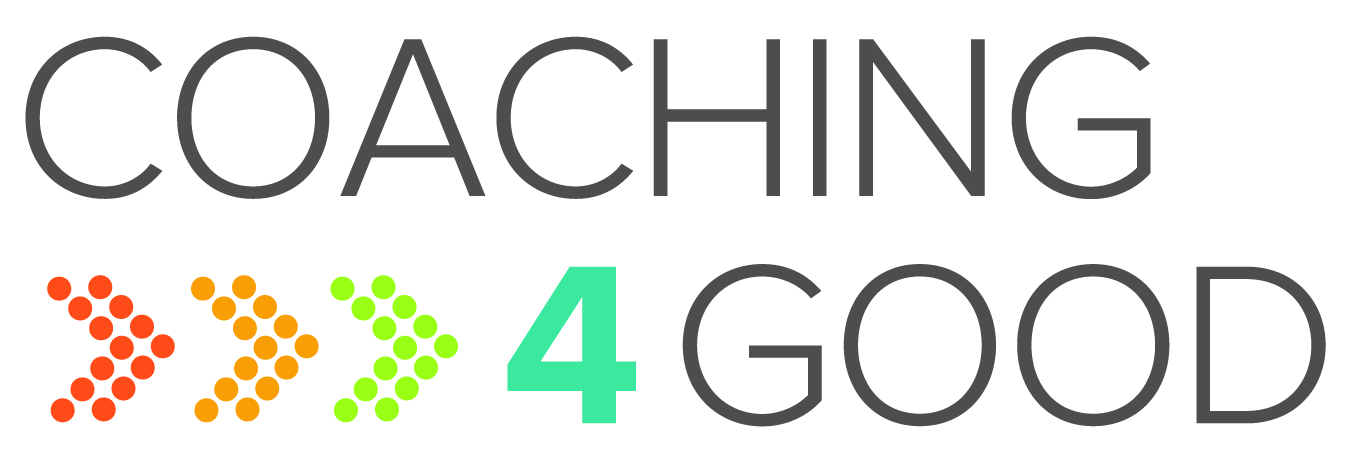Thanks to Michael Klazema for his guest blog on millenials. A brief bio is below. – Amy
Entering the job market straight out of college has rarely been easy, but millennials have a tougher time at it than any prior generation. Not only is the economy still recovering from a historical recession, but millennials are also often saddled with a not-so-flattering reputation among older age groups. Combine these two factors and even the twenty-something with the perfect resume can have trouble finding a job. To make things easier for yourself, be sure to remember the following seven things.
1. You will have to pass a background check.
Many millennials going through the job interview process for the first time are unaware that criminal background checks are a common part of the screening process. High schools and colleges will often stress the importance of the resume and the job interview—going as far as to incorporate them into assignments—but no one prepares you for the background check. Be aware that it’s coming and that you will be asked to consent to it at some point in the application and interview process.
2. The background check might pose more of a challenge than you think.
Once you do know the background check is coming, don’t make the mistake of dismissing it as something you don’t have to worry about. Millennial applicants tend not to spare much thought for the background check process because most of them are just out of college and have never been charged with or convicted of a crime. Even if you have a squeaky clean record, though, you might run into issues on the background check. Background check companies cull a report about you from police and court records. If you have a common name, they might pull the record of another person instead. Or, if you’ve been the victim of identity theft, there might be red flags on your record that you weren’t even aware of. The best advice is for you to run a criminal history check on yourself before you go out and start interviewing. That way, you can make sure that what your prospective employers are learning about you is accurate.
3. You need to ask questions.
Don’t go into job interviews expecting to answer all of the questions. Good interviews should be two-way conversations, where you come prepared with a set of your own questions to ask. One of the biggest mistakes that millennial job hunters make is taking on the “I’m willing to take any job no matter what it is” persona. No employer wants to hire someone who is only interested in a job as a stream of income. On the contrary, employers want passionate people whose skills, goals, and attitude line up perfectly with the job at hand. Asking questions about the job, the company, the culture, what your responsibilities will be, who you will be working under, and the opportunities for growth and advancement show that you are genuinely interested in the opportunity at hand. Your interest will engage the interviewer and help them to remember you later when it’s time to make a hiring decision.
4. You need to come prepared.
In order to ask specific questions about the company or to show that you’re truly interested in working there, you need to do your homework. What does the company do? What is their mission statement? What is their history? How are they looking to grow and develop in the coming years? What role would you play in this growth? Get on the internet and research the company to find out answers to as many of these questions as you can. Read their website “from cover to cover,” including landing pages, manager bios, press releases, and more. The more working knowledge you have of a company, the more ready you will be to ask and answer questions.
5. Referrals are important.
You know that old saying? The one that says “It’s not what you know, but who you know”? In the hiring world, that motto is very true. Having someone to put in a good word for you isn’t essential to landing a job with your dream employer, but it can never hurt. Referrals are the roots behind many a hiring decision, and if you can land one, your chances of getting the job will skyrocket. So start networking. Ask parents, friends, parents of friends, or old college professors if they have any connections related to your industry in the area where you live. Chances are that you know somebody who can help you establish valuable connections, meet new contacts, and improve your hiring odds.
6. Your phone needs to stay in your pocket.
True or not, there is a stereotype that paints millennials as entitled, easily distracted, inexperienced, lazy, and technology-addicted kids. If you want to compete for a job, you are probably going to be interviewing with someone who is familiar with those stereotypes, which means that you are going to have to break them down in your interview. Carrying yourself in a professional manner—giving a firm handshake, making eye contact, remembering the other items on this list—can help you kill those stereotypes. The biggest make-or-break factor, though, might be your phone. Believe it or not, some younger applicants will check their phones or send text messages during job interviews. To avoid playing into the “easily distracted” and “technology-addicted” millennial stereotypes, leave your phone in your pocket. Better yet, turn it off before you walk into the interview.
7. Hiring managers may or may not be looking at your social media accounts.
Social media background checks may not be as commonplace as some people think, but they do exist. Some employers will research their applicants on social networks like LinkedIn, Facebook, and even Twitter ahead of an interview. In other words, if there’s content on your social feeds that you wouldn’t want a future employer to see, clean it up! Look for offensive comments, racy photos, or other items that might detract from the professional image you are trying to project.
There are no guarantees in today’s job market, particularly not for young and largely inexperienced workers. However, by considering the seven items listed above and keeping them in mind as you are preparing for the interview gauntlet, you should be able to give yourself a leg up on the rest of the millennial workforce. Happy job hunting!
Author bio:
Michael Klazema has been developing products for pre-employment screening and improving online customer experiences in the background screening industry since 2009. He is the lead author and editor for backgroundchecks.com. He lives in Dallas, TX with his family and enjoys the rich culinary histories of various old and new world countries.
Amy Wolfgang
Amy Wolfgang is a career coach who founded Wolfgang Career Coaching and co-founded Coaching 4 Good. She brings over 15 years of corporate and coaching experience to help organizations boost employee engagement while simultaneously helping her clients excel in their careers. She is a certified PCM (Professional Career Manager) and has a Master’s degree in Educational Psychology from The University of Texas at Austin.









Stay In Touch